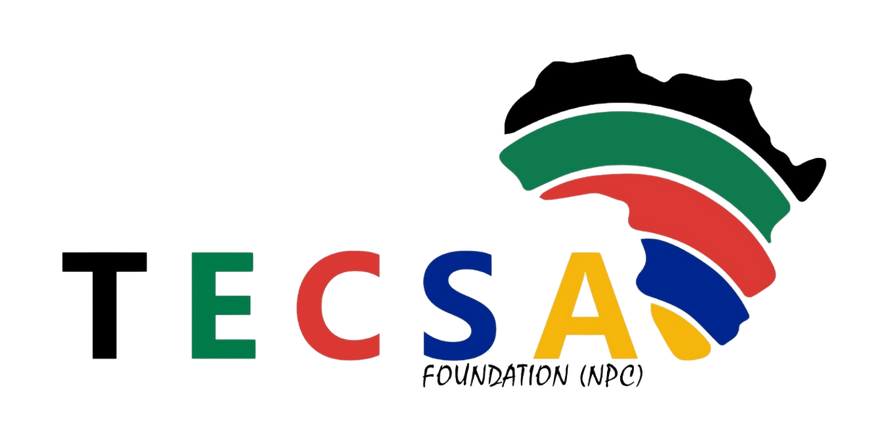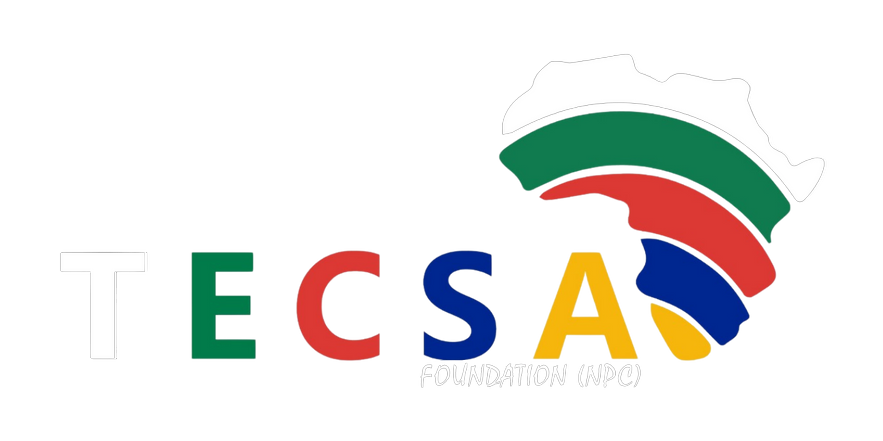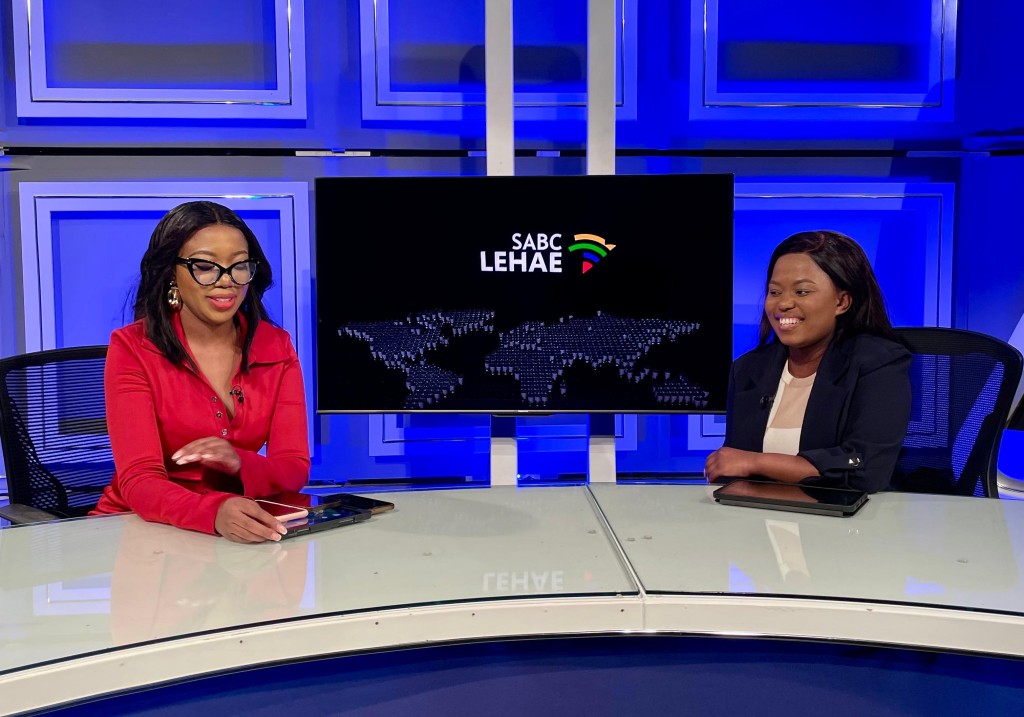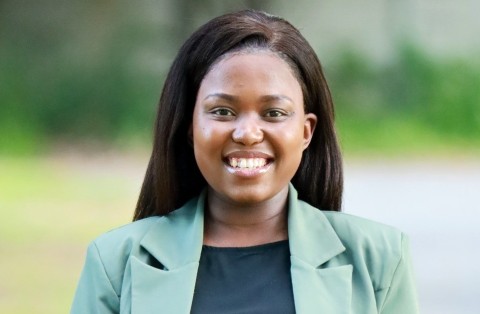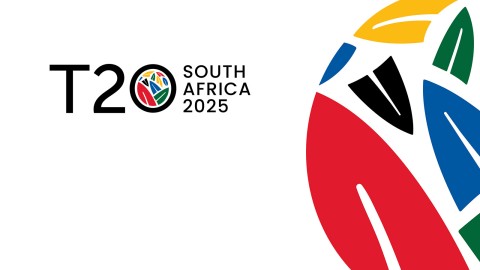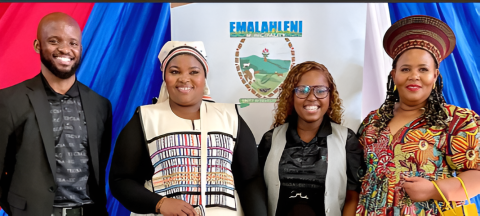In a compelling interview this morning on SABC News, Kholosa Lubisi hosted Qhamisa Tengile, the visionary CEO of the TECSA National Agency: TEC-G20, for a powerful conversation about the future of South Africa’s economy. The discussion, framed as a “national moment of truth,” delved into TEC-G20’s reflections on the recent launch of the National Dialogue and its bold participation in the process.
Tengile spoke passionately about the agency’s role in the G20 context, emphasizing its mission to ensure that the economic transformation agenda is truly inclusive. “The National Dialogue is more than a series of meetings; it’s a call to action for every South African to take ownership of our economic destiny,” she stated. “Our participation is about bridging the gap between national policy and the lived realities of people in our townships and rural areas. We are ensuring their voices are at the table.”
The conversation provided a clear roadmap for what’s to come, focusing on the upcoming Township & Rural Economy National Dialogue in Umthatha on August 28. Tengile highlighted this event as a critical next step in TEC-G20’s strategy. “Umthatha is not just a venue; it’s a symbol of our commitment to decentralizing economic power and building prosperity from the ground up,” she explained. “This is where we will sit with community leaders, entrepreneurs, and ordinary citizens to craft a tangible plan for growth.”
A significant portion of the interview was dedicated to the core mandate of TEC-G20: placing women at the heart of economic transformation, particularly fitting for Women’s Month. “For too long, the immense economic potential of women has been marginalized,” Tengile noted. “Our mandate is to change that, not as a gesture, but as a strategic imperative. When you empower a woman, you uplift a family, a community, and an entire economy.” She stressed that the Umthatha dialogue will specifically focus on creating policy and support structures that empower women entrepreneurs and leaders.
The interview concluded with Lubisi asking about the public’s role in this national process. “This is not an interview for people to just watch,” Tengile responded. “It’s an invitation to participate. We are building a movement, and the question for every South African is, ‘Will you be a part of it?'”
This interview provides context for the broader conversation about the country’s economic future.
